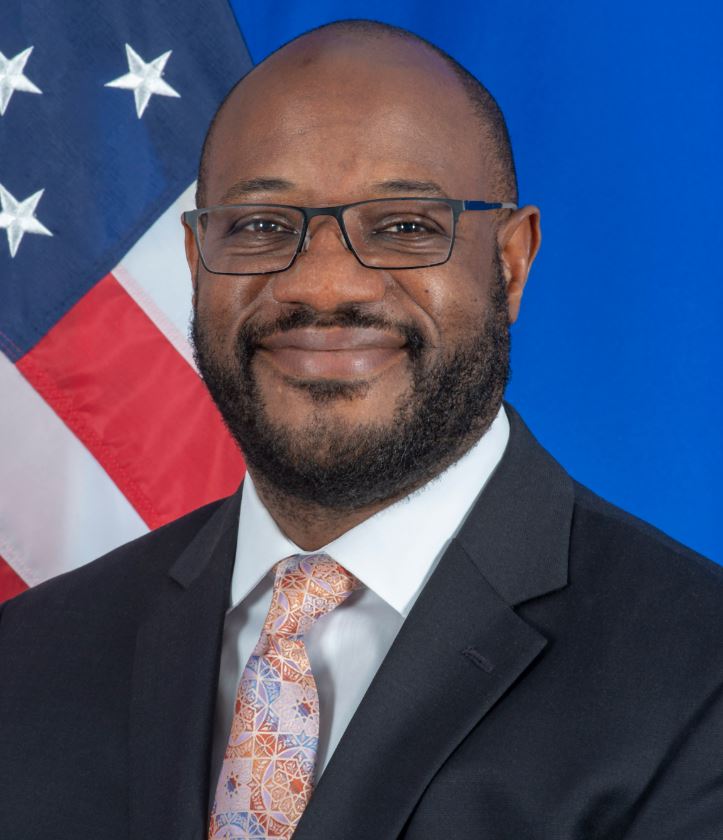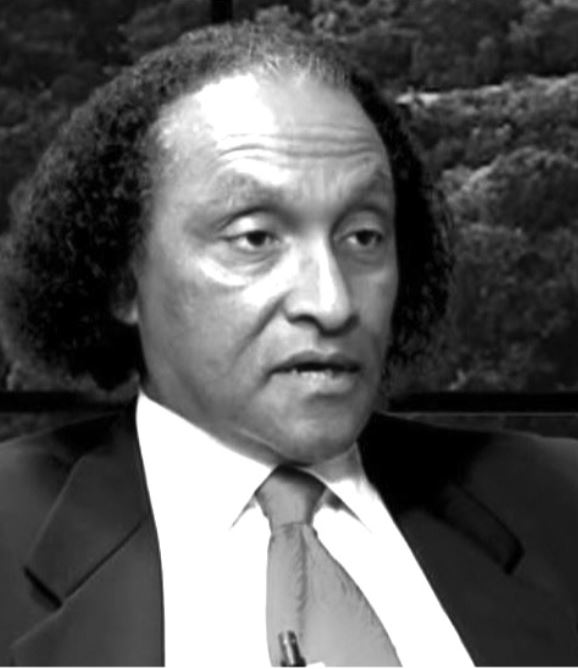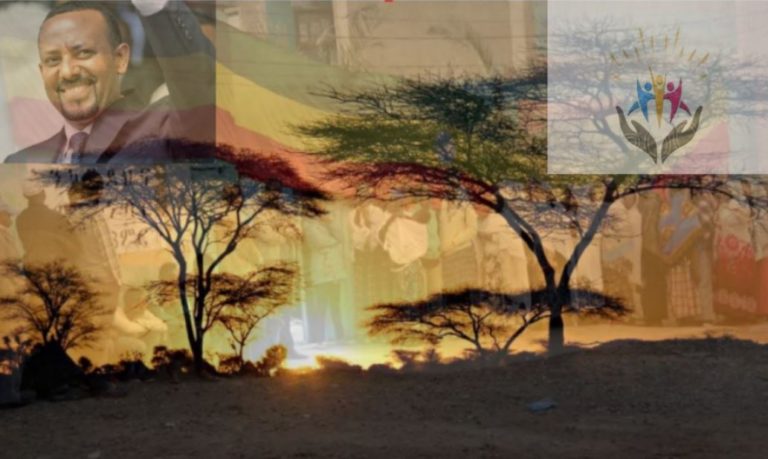Honor Among Thieves
Originally appeared in Ethiomedia Editorial | January 28, 2008
http://www.ethiomedia.com/access/honor_among_thieves.html
Mwai KibakiMeles Zenawi There may be no honor among ordinary thieves, but it seems there is honor among those who steal elections. In a recent interview in the Guardian newspaper, Meles Zenawi defended the honor of his soulmate and co-religionist at the altar of election fraud, Mwai Kibaki, against Western criticism.Meles warned,
“The threat of Western sanctions as a response to the current crisis in Kenya is very, very misguided. If it is presumed that the Kenyans will democratize in order to eat the peanuts of development assistance from the European Union, for example, it would be a big mistake.”
What is the “current crises”? Just a daylight robbery of the Kenyan presidential elections. Meles also chafed against the West for imposing a travel ban on Mugabe and his cronies. Why is Mugabe being treated like an “international pariah?” he groused.
Meles seems to believe that African dictators like himself are entitled to remain in power simply because they have the audacity to defraud the voters, and the means to impose that fraud on the people with brute force. Pontificating on the power of the people to Western governments, he said, “We believe democracy cannot be imposed from outside in any society. Democracy is the expression of a sovereign people.”
On December 27, 2007, the “sovereign people” of Kenya expressed their will and voted Kibaki out of office. That could not have come as a surprise to Meles. In May, 2005, he too was voted out of office by the Ethiopian people. Kibaki took a chapter out of Meles’ Book of Election Fraud and coronated himself in a stealthy midnight ceremony three days after the elections, and before all of the votes were counted. He promptly banned opposition public rallies, and authorized the police to deal with demonstrators on a shoot-to-kill basis. On May 16, 2005, one day after the elections and before all of the votes were counted, Meles did the same thing. He announced that his party had won 328 parliamentary seats, and declared a state of emergency prohibiting public demonstrations. He too authorized his police to shoot demonstrators first and ask questions later. An angry Kenyan demonstrator disgusted by Kibaki’s theft of the election blurted to a BBC reporter, “Kenya is not Ethiopia. You don’t steal elections here!”
The Kenyan elections leave little room for dispute. All of the major polls leading up to the election showed Raila Odinga well ahead of Kibaki. The government reported on its official website that Odinga had won in four of the eight regions of the country, and a close race was shaping up in the Central Province and Eastern Province. No sooner had Kenya’s electoral commissioners awarded the election to Kibaki that they had to rescind it. They simply could not ignore the overwhelming evidence of election fraud. Frustrated and embarrassed, Samuel Kivuitu, the head of the elections commission, announced to Kenyans and a shocked world, “I do not know whether Kibaki won the election!” That statement sent the U.S. into a tailspin. The premature congratulations to Kibaki had to be withdrawn. EU Observers delivered a report that documented all sorts of election irregularities. Within days, Kibaki’s theft of the presidential election had been exposed to the world.
Misery loves company, and the troika of African dictators — Meles, Mugabe and Kibaki — now find themselves under a pall of international condemnation. None of them is willing to be held accountable to the people, or to the rule of law. They talk hypocritically about the “sovereign will of the people”, but show little regard for the people’s voices at the polls. The voice of Kenyan voters did not matter to Kibaki last month, as the voice of the Ethiopian people did not matter to Meles three years ago in Ethiopia. Massive turnout of voters did not mean much to them. Neither Kibaki nor Meles care about their peoples’ hopes for a democratic future, or a peaceful transfer of power. They care only about themselves and how they can remain in power. For Kenyans and Ethiopians alike, democratic elections have proven to be a cruel joke.
The stolen elections in Kenya — and those in Ethiopia in 2005 — once again reaffirm the views of those who have long held that the continent is destined for the yoke of tyranny. With Meles leading a squad of incorrigible and entrenched African dictators, perhaps democracy based on the consent of the governed (sovereignty of the people) is an impossibility on the continent. But that truth may be too painful for Kenyans to bear. Odinga helped Kibaki get elected five years ago by building a coalition of regional leaders and groups. Without Odinga’s support and mobilization, it was unlikely that Kibaki could have been elected president . But Odinga and the coalition that helped elect Kibaki abandoned him when Kibaki reneged on his campaign promise to limit the power of the presidency. Ironically, five years after getting Kibaki elected, Odinga had to face his own Frankenstein.
The silver lining in the dark clouds that hang over Kenya today is that Raila Odinga is the man who can “save” Kenya. He still commands substantial popular support across Kenya, and is generally viewed as the only person who could hold Kenya together and prevent its spiral into the abyss of interethnic warfare and violence. Meles’ defense of Kibaki’s honor may be motivated by prudent self-interest. If Kibaki should be forced to deal with Odinga and the opposition directly, Meles may have to explain why he can’t do the same with his opposition. If Kibaki should lose the presidency through a new election or be forced to share his powers, that will certainly send a chilling message to Meles. In any case, Kibaki will not be able to weasel his way out of the quicksand of rigged elections by violence and police killing sprees.
The people of Kenya today are angry and impatient, and Kibaki is well advised to face the truth and quickly make amends with the opposition. His other option is to wait and be consumed by the wildfire of ugly ethnic passions. The international community, contrary to Meles’ self-serving criticism, must insist on the quick restoration of full democracy, transparency and accountability in Kenya. That simply means restoration of the sovereign voice and power of the people, two things both Kibaki and Meles dread the most.





